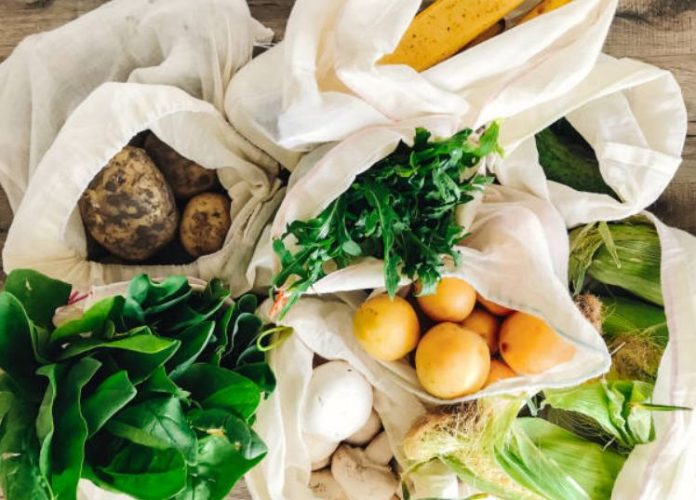The modern kitchen is full of plastic. What would we do without plastic containers, plastic cling wrap, plastic utensils for our parties, plastic dishes, plastic cups, plastic spatulas, and more?
The problem with all this plastic is that it is made with chemicals. Chemicals that can leach into our beverages and our food.
Chemicals that end up in our bodies, where it accumulates and causes health problems.Chemicals that end up in our unborn children.
Some of the reported health hazards include reproductive defects, premature delivery (up 23% since 1980), lowered sperm counts (down 40% since 1945), and early onset puberty.
Two of the most common “bad boys” of the plastic industry are PVC (polyvinyl chloride – a hard plastic) and phthalates, a group of substances added to PVC to make it softer and more pliable.
In fact, phthalates are among the most common contaminants found in the human body. Another common chemical found in the kitchen is bisphenol-A, which is the main ingredient in hard plastic used in baby bottles, drinking water bottles, and plastic storage containers.
Bisphenol-A is in the list of the top 50 chemicals, measured by production volume.
Here are some steps that you can take to decrease your family’s exposure to these chemicals.
– never heat foods or beverages in plastic containers; it is so easy to put a “microwaveable” plastic container into the microwave; don’t do it
– avoid plastic cling wrap products; most have phthalates in them
– avoid containers with PVC in them; if there is a “3” in the recycling triangle, get rid of it
– use glass or stainless steel drinking containers
– use ceramic or enamel plates
– use metal feeding utensils and metal kitchen tools
– do not store food or beverages in plastic containers, especially if the food item is acidic
– if you must use plastic, do not wash it in a dishwasher or use harsh detergents on it
It is interesting to note that in 2005 the European Union banned some commonly used chemicals of the phthalate family from use in toys.
One commissioner was quoted as saying, “Toxic chemicals have no place in children’s toys”. Yet we continue to allow them in our food and beverage containers.
In North America, San Francisco instituted a ban in December 2006, although implementation has been delayed by a law suit.
The ban covers biphenol-A and certain phthalates. This is commendable, but society needs more than city wide bans.
While we wait for our governments to realize the dangers, consider a personal ban. Can you make your kitchen plastic-free?

